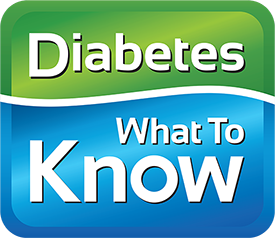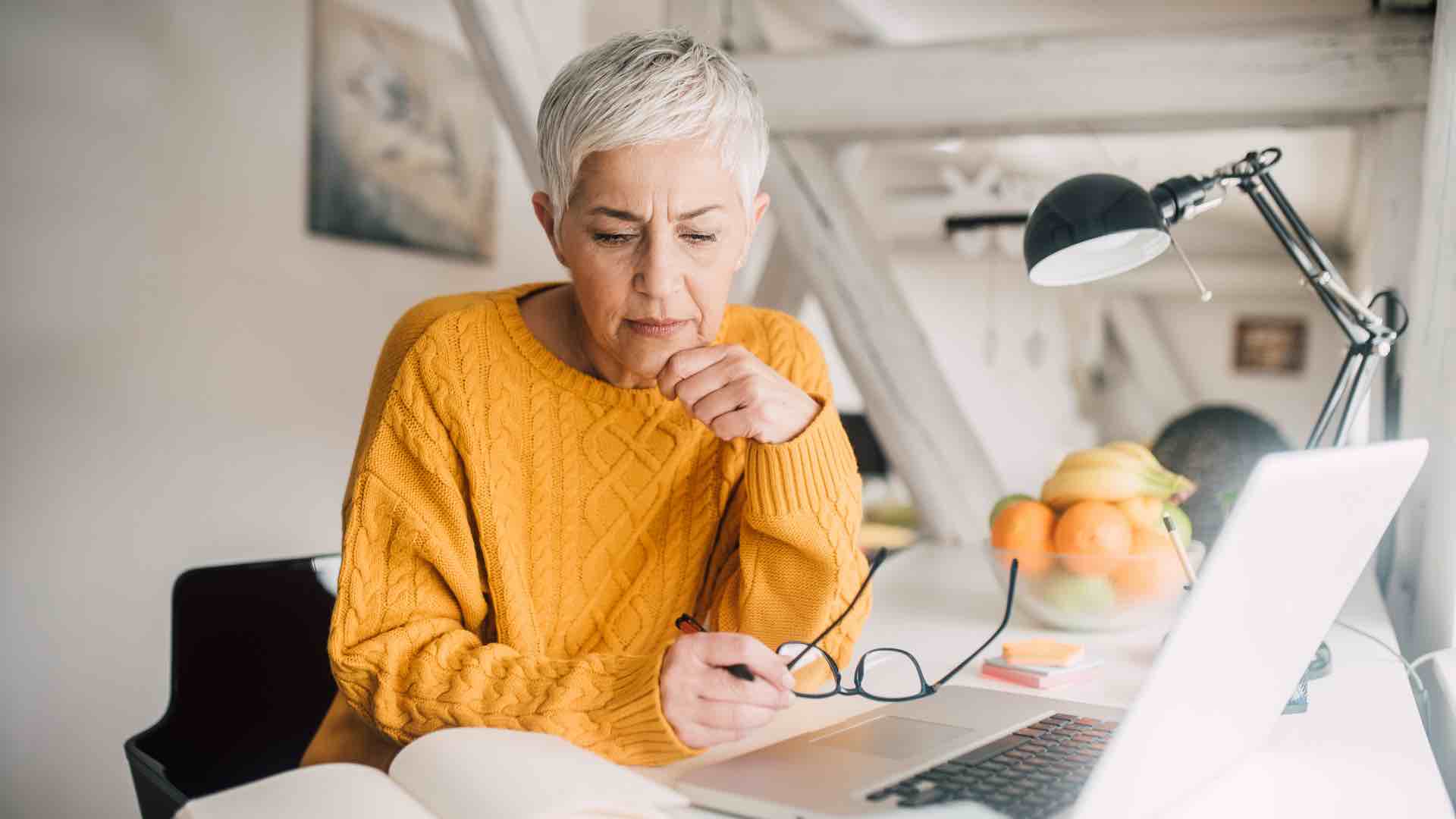By Cindy Betz, a Person Living with Type 2 Diabetes
D-Day, the day a person is diagnosed with Type 2 diabetes, is a day most people with diabetes never forget. I received my diagnosis on my birthday, and I can tell you that I wasn’t in a birthday mood as I left the doctor’s office. I hear from other people so often that when they were told they had diabetes, they were maybe handed a prescription and told “see you in 3 months.” This is exactly what happened to me.
If we got more information when we’re first diagnosed, more type 2s would fight for good health from diagnosis day forward. For that reason, I’d like to share what I learned as I went through the first few months post-diagnosis. I had to work hard to learn the right way to manage my diabetes, and here’s how I found the help I needed to do that.
My Journey Towards Knowledge
My first step was asking the doctor I was seeing to please set up a dietitian appointment for me. Since I got no help when I asked, I went in search of a new doctor, got the same run-around, and so kept trying until I found a doctor who would help me find the help I so desperately wanted.
I also learned during this time that the toll-free number on the back of my insurance card was really a good way to find help. Once I called them, I found that they would pay for an appointment with a certified diabetes care & education specialist without a doctor referral, AND they helped me set up an appointment with one nearby who was “in network” with my insurance.
During this time, I found that my local health department was not going to be any help at all as far as education, but I reached out to the District Health Department of my town, and found they not only have free diabetes classes, but also hold free cooking classes. They knew which libraries & hospitals in our region have reduced-fee classes and/or free support groups where I could connect with others with diabetes.
The dietitian from the District Health Department is still one of my favorite sources of information ,and I can go back to those classes any time I want for a refresher or for help with an issue in my blood labs from the doctor. She is also able to contact my doctor to go over certain issues if I share my blood work with her.
How To Start Learning:
#1 Schedule an appointment with a dietitian. I can’t emphasize enough how important this is. Meeting with a dietitian to get a personalized meal plan will set you up for success.
#2 Find resources near you. Use this link to find a diabetes program near you. Calling your district health department is another great option. They will help you find out what resources are available in your area. Most health departments have a dietitian or diabetes care and education specialist on staff and offer classes. You can also ask them about support groups or classes you might attend through hospitals or local agencies.
#3 Get a meter and learn how to use it. This video explains how to use a meter to check your blood sugar. If your insurance won’t cover strips, I encourage you to try the ReliOn brand from Walmart. That meter and the strips that go with it are very reasonably priced and accurate. It’s a great back up meter to toss in your purse and carry with you, too!
#4 Educate yourself. Here are my favorite websites:
- American Diabetes Association
- Diabetes Food Hub – great resources and recipes.
- Diabetic Living – they also have great recipes and articles which can be found in their magazine, on their Facebook page & website.
- Diabetes Self-Management – great information can be found in their magazine, on their Facebook page & website.
- Diabetes – What to Know has great information on their Facebook, website and YouTube channel. I really enjoy the teaching videos and the website also has wonderful articles that are easy to understand. The real plus for this website is that it’s all for Type 2 Diabetes, so I don’t have to wonder if the information is right for me and my diagnosis.
Other websites I use regularly are:
Other sites with helpful information about type 2 diabetes:
I hope this is helpful to you. Pay it forward and help someone else!
***
If you’d like to receive helpful diabetes information, sign up for our FREE email program here.
If you’d like to join a diabetes support group to learn and share with others, join here.
The medical information on Diabetes – What To Know’s website is provided as an information resource only. The content is not in any way intended to be nor should you rely on it as a substitute for professional medical evaluation, diagnosis, advice and treatment.

